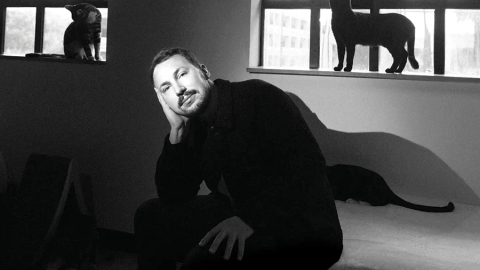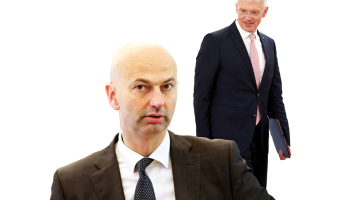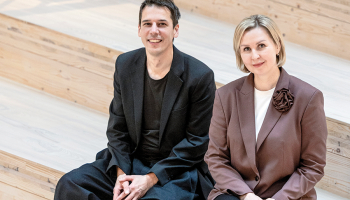More about what they have in common later…..
Everyone agrees that the past few years have been a rollercoaster experience: During 2004-07 Latvia had the highest GDP growth in the EU; then between the fourth quarter of 2007 and the fourth quarter of 2009 the economy contracted 25.1%, also the biggest recession in the EU.
When it comes to who is to blame (politicians, commercial banks, central bank, IMF, you name it…) points of view differ, just as they do with respect to what should have been done to contain the boom and/or to soften the recession and this has been discussed ad nauseam and is thus not the topic of this article.
Rather, I would concentrate on another issue where I imagine quite a lot of agreement should prevail but an issue that has not (?) received that much attention: The pervasive uncertainty that such a rollercoaster development implies for the business environment – what can we expect from economic growth next year? What can we expect from price developments next year? – and, from that, wrong economic decisions and thereby a misallocation of economic resources prevail.














